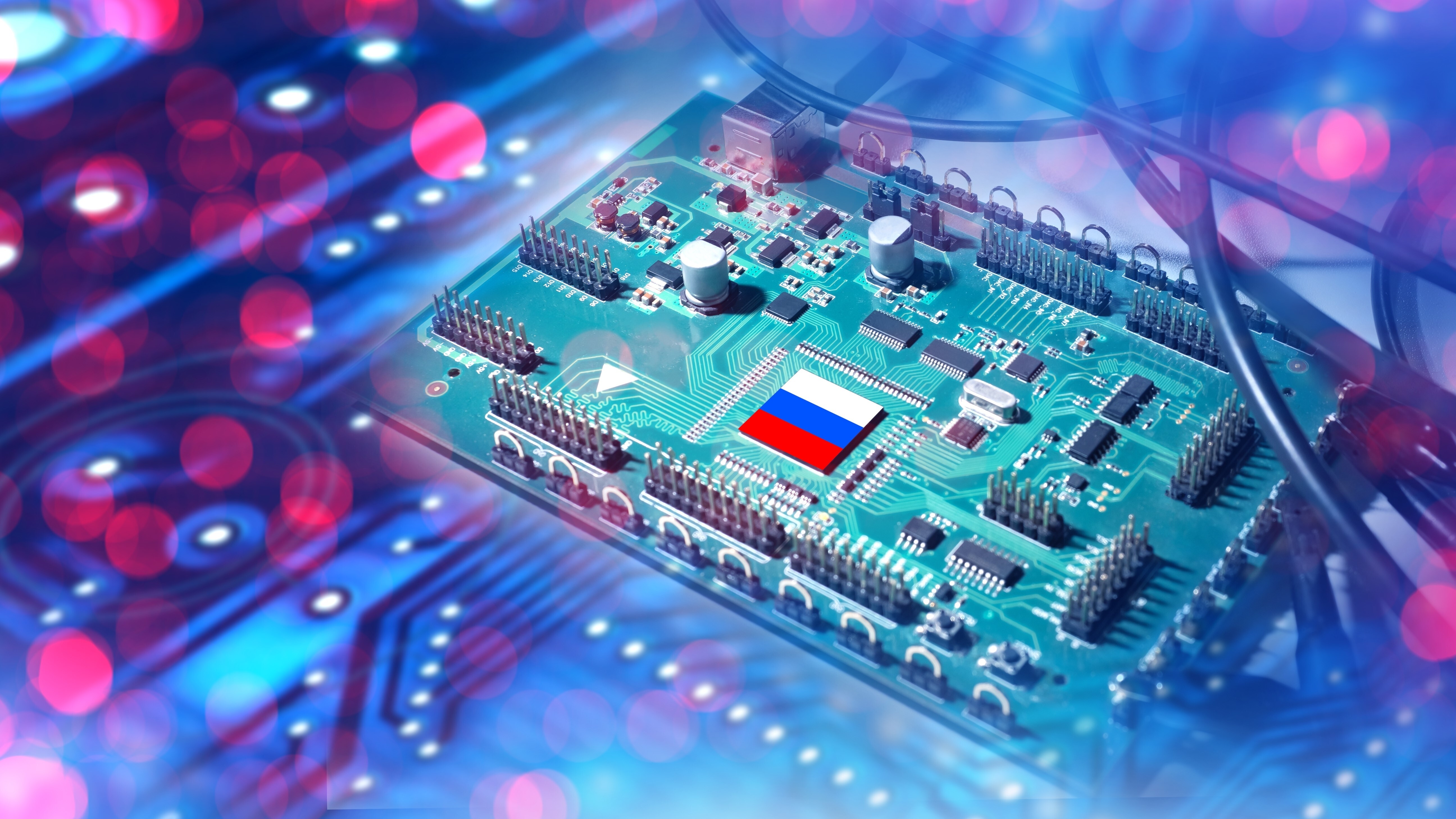
A leading Russian business magazine said that the Federal Customs Service (FCS) reported that imports of AMD and Intel CPUs into the country have fallen by 81% and 95%, respectively, compared to 2023. According to Kommersant [machine translated], chip deliveries in 2024 totaled around 37,000 units, amounting to 439 million Rubles, versus the previous year’s 537,000 units worth around 6.3 billion Rubles.
However, we should note that the U.S. has previously applied sanctions and export controls to Russia since it invaded Ukraine in 2022, so these numbers might be surprising. But it’s widely known that the black market for advanced American tech is well-entrenched, meaning Russian companies and individuals can still get them, although not directly from the U.S.
For example, Hong Kong remains a key smuggling hub to get these banned items into China’s northern neighbor, with an estimated $4 billion worth of chips flowing through just one office address. Some Indian firms were also discovered to be smuggling AI chips, sourcing the items from Malaysia and routing them through India before finally making their way into Russia. These are the likely avenues that Russian firms use to acquire these banned semiconductors, with some eventually ending up in Russian weapons systems that litter the Ukrainian battlefield.
Russian companies even say there is no chip shortage in the market, with many saying that supplies have increased for the third year. Artur Timerbulatov, the Business Development Director of an IT equipment and component supplier, told Kommersant that there are no supply issues with processors, but that foreign equipment manufacturers have told them that they will increase their prices by 10% to 12% due to inflation and the trade war between China and the U.S.
He also said that the FCS data does not reflect reality, while another Russian tech company executive, Anton Gromov, told the publication that the “processor” does not appear on the delivery sheet. Gromov added that even if prices have increased, it was not by much and that the prices for the most popular processors have remained relatively stable.
This shows that the U.S.’s attempts at bans and sanctions on both China and Russia have largely been ineffective. Many government and private experts have said that these attempts at controlling chip exports are a failure and a fool’s errand. Furthermore, it was found that the U.S. government agencies tasked with enforcing these controls rely on outdated processes and usually on voluntary compliance by the chipmakers.
Follow Tom's Hardware on Google News to get our up-to-date news, analysis, and reviews in your feeds. Make sure to click the Follow button.







